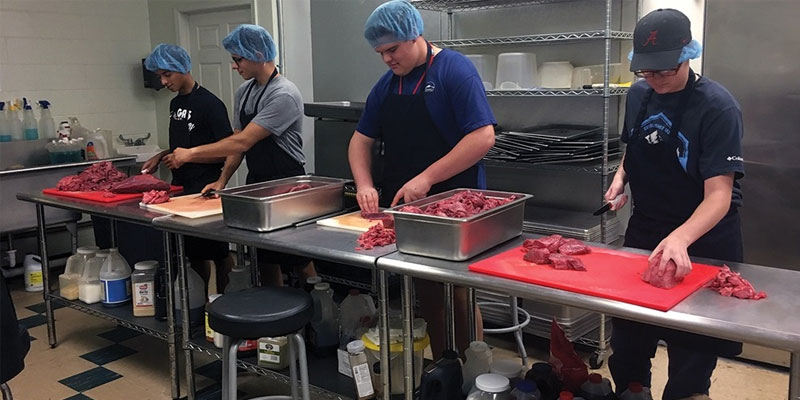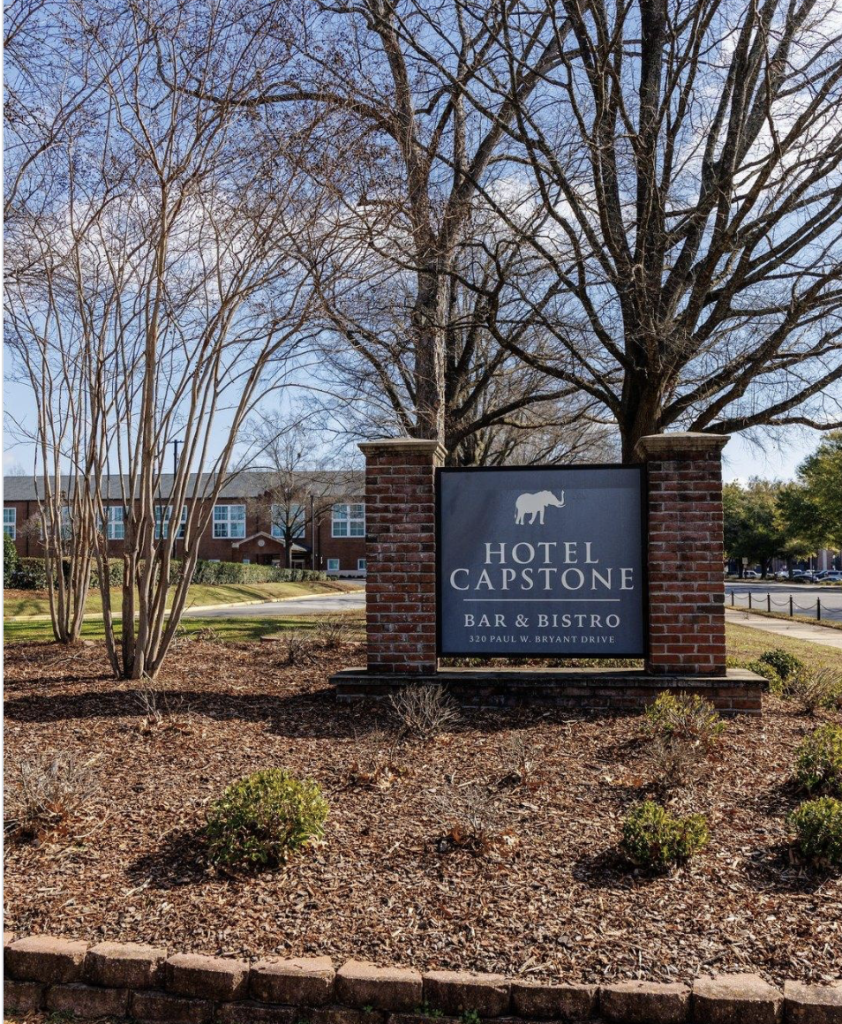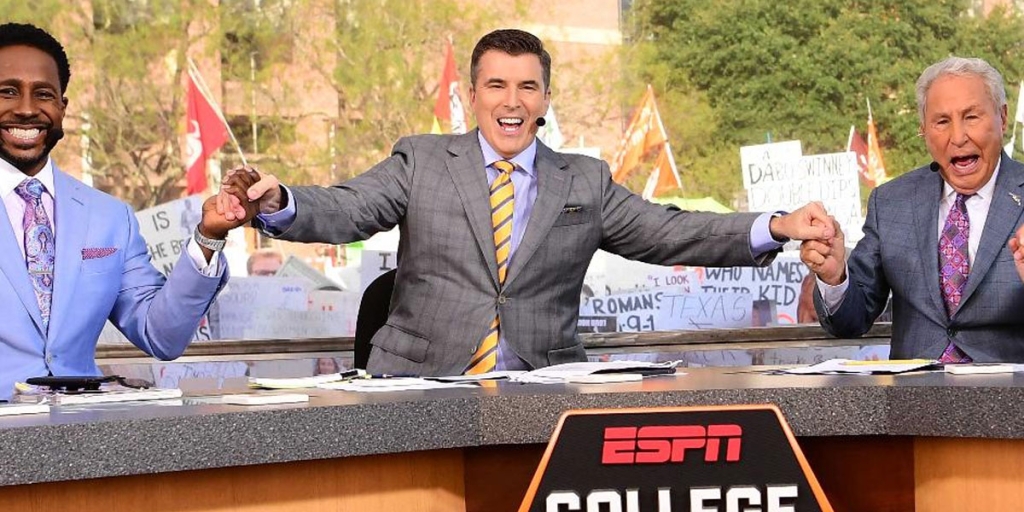While some national brands use humorous commercials to promote their products, jerky is no joke; it’s big business.
Jerky is essentially dried meat; the removal of water and, usually, addition of salt preserves, extending its shelf life. Even though no one knows when the first jerky appeared, most sources believe it has been made and consumed on a large scale for more than 500 years, originating with the Incas in South America as early as the 1500s and traveling up to the culture and customs of North America’s indigenous peoples.
When Europeans came to the New World, they discovered what Native Americans (of both continents) had long known: jerky’s value as a highly nutritious food that is lightweight, doesn’t take up much space, won’t spoil and is therefore perfect for long journeys. It traveled west with pioneers; it gave cowboys energy for wrangling; and it has sustained U.S. soldiers as a part of military rations.
The jerky from centuries ago was made from whatever meat was around and, most often, seasoned with salt only. Through the decades, it has changed to meet increasing consumer demand for a wider range of seasonings to create diverse flavors, and it’s no longer limited to just a few forms of meat.
Today, what was once an important form of sustenance has evolved into a favorite snack as readily available as the nearest convenience store. It’s become so sought after, there are stores selling nothing but jerky. A few of them are in Alabama, including Gulf Coast House of Jerky in Orange Beach, owned by Johnny Wiggins and his wife, Phyllis. When he was introduced to the jerky store idea, he wasn’t a fan of the treat. “It was the business model and how well these stores were doing that sold me,” he said. “We’ve been very successful with lots of repeat clientele.”
Wiggins opened in 2015, has moved to a bigger space and is considering a second store in Chattanooga. He’s surfing the swelling wave of jerky popularity, which itself is being fed by our snack-obsessed society. But even diehard snackers are becoming increasingly health conscious now, and according to Wiggins, his jerky is still a great fit.
“Many jerkies have loads of chemicals in them to preserve them, but not ours,” Wiggins said. His are not made at the store, but at the parent company’s facility in California. “Everyone is so concerned about health out there, and we are finding more and more health-conscious customers here, too,” he said.
The products Wiggins sells have no nitrates, MSG or artificial colors and are low in sodium, using only natural pineapple juice sugar to help maintain freshness. “We are putting out some of the healthiest jerky around,” Wiggins said.
After one bite, they wanted more
You don’t have to rely on the West Coast to create a good-for-you jerky. Russ Robbins is doing it in Eufaula at his Hickory Hollow Jerky company, founded in 2008. “All jerky is high in protein, low in fat, so that’s good,” he said. “And our jerkies don’t contain any artificial flavors or chemicals, no MSG, no sodium nitrate. We are all-natural.”
Hickory Hollow has also enjoyed success, and it came quickly. It was Robbins’ family and friends begging for his homemade jerky that spurred the full-time minister at Eufaula’s First Baptist Church to go commercial. “I’ve always loved jerky and started making it in Boy Scouts and experimented with different spices,” he said. “Those first few batches were not very good.”
He finally found the right recipe, and made it to take on youth mission trips and to give out as gifts. Once people had a bite, they wanted more. “I realized there was a market for it, and with three kids in college, I liked the idea of extra income,” he said. His first month in business he sold 250 bags of jerky; by 2017, that number climbed to 53,381 bags. Sales in 2018 were up by about 10 percent.
Being healthy is not enough to propel a food item to the heights jerky has hit. It must taste good. For jerky, that means strong, concentrated flavor with a chewy, yet not stringy, texture. Judging by sales at House of Jerky and Hickory Hollow, theirs has this aspect in the bag, too.
At Gulf Coast House of Jerky, there’s something for everyone (pet jerky treats, vegan jerky) but the real appeal is the exotic, with jerky offerings running the gamut from python, snapping turtle, camel, wild boar, mako shark, trout, elk, buffalo, salmon and tuna. “It’s so different, and people really like the diversity and, of course, the flavors,” Wiggins said. His store has classic beef jerky, but not just any beef will do. It’s made from three different cuts of grass-fed beef: brisket, top round and tri-tip.
Hickory Hollow stays more traditional with its original version, a hickory-smoked, black-pepper beef jerky that is by far its best-seller. It offers five other beef jerky varieties: Teriyaki, Hot Shot (spicy), Sweet Heat BBQ, Jamaican Jerk and Macho Nacho, which incorporates notes of jalapeno and cheese.
And it’s all about the right ingredients for Robbins, too, plus a time-tested method. “We don’t cut corners and we use American beef, and all of our jerky is hand-sliced with knives, not on equipment,” Robbins said.
Hickory Hollow employees cut about 1,000 pounds of meat a week. After it’s sliced, it gets marinated for 10 to 12 hours and then goes into dehydrators for nine to 12 hours before being bagged to distribute.
For both Wiggins and Robbins, relishing the smiles the jerky puts on others’ faces is as satisfying as anything they sell. “We want to please our customers and try to make the whole experience in the store fun for them,” Wiggins said.
“I love the taste, but I believe whatever you do, do it heartily unto the Lord, so I strive to do this well and love that others get benefit from it,” Robbins said.
This story originally appeared in Alabama Living.
(Courtesy of Alabama NewsCenter)













